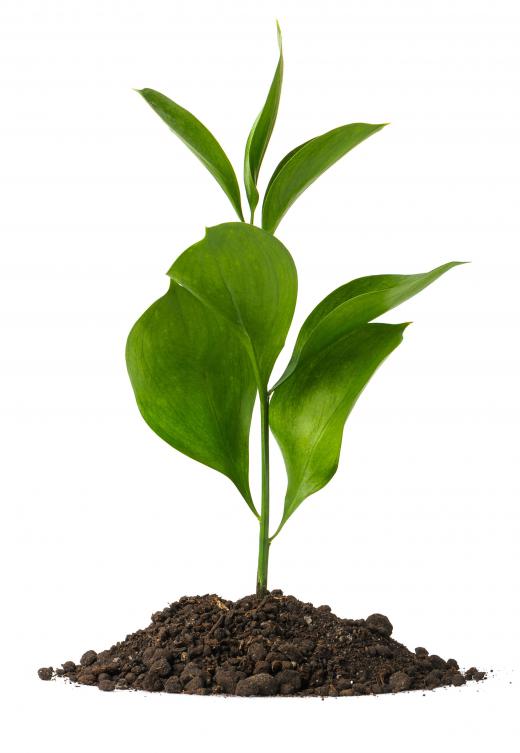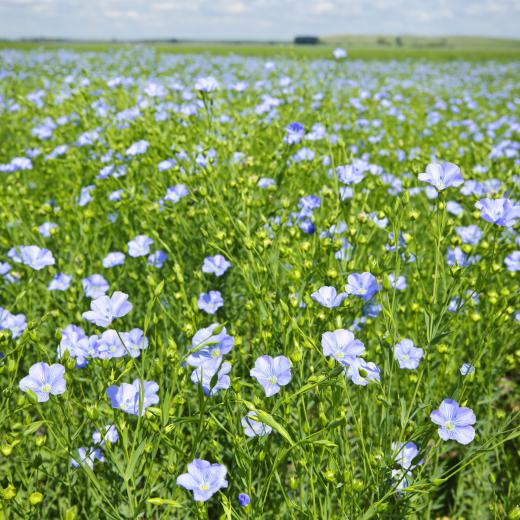Raw plant materials are commercially useful plants that can be used to produce a variety of products from medicines to fuels. They may be cultivated on farms and in greenhouses to meet demand, and can also be harvested in the wild if they do not take well to cultivation. Research and development with raw plant materials is an ongoing process in labs in many regions of the world. It includes developing new uses for plants already known to have commercial value along with exploring new plants with potential applications. Specialists in this field study topics like biology, botany, and chemistry.
The use of raw plant materials is ancient in many human cultures, where plants have been used to produce medicines, dyes, and fibers for thousands of years. Medicine continues to be a common application. Plants can be processed to produce traditional herbal medicines or more complex pharmaceuticals if they produce compounds that cannot be successfully synthesized. This requires careful controls to keep the products pure and consistent in nature and test them to determine what they do and how they should be delivered.

Raw plant materials are also used to make fibers and related products, including cloth and paper. Plants can be durable and resistant in a variety of settings, depending on how they are processed. Cotton, flax, and bamboo are commonly used in these applications. As raw materials for manufacturing, they may be cultivated on a large scale to make them more cost-effective.

Certain fuels can be made with raw plant materials, which can also be processed to produce other valuable chemicals. Biofuels, as they are known, rely on renewable resources to generate energy, rather than petroleum products. A variety of crops produce oils suitable for processing into fuel. Researchers who work with raw plant materials may focus on increasing efficiency to make fuel production with plants more practical and appropriate than continued use of fossil fuels.

Ongoing research into new applications for plants can include chemical studies to learn more about the properties of plants, as well as test runs producing various kinds of products with plants. Technicians in this field may work with an assortment of plants to identify new commercially valuable species. Many facilities have a specific interest in developing more environmentally friendly processes and may look to plants to accomplish this. Their work may culminate in patents if inventors can develop a proprietary process for a non-obvious use of a plant.
Ever since she began contributing to the site several years ago, Mary has embraced the exciting challenge of being a About Mechanics researcher and writer. Mary has a liberal arts degree from Goddard College and spends her free time reading, cooking, and exploring the great outdoors.

